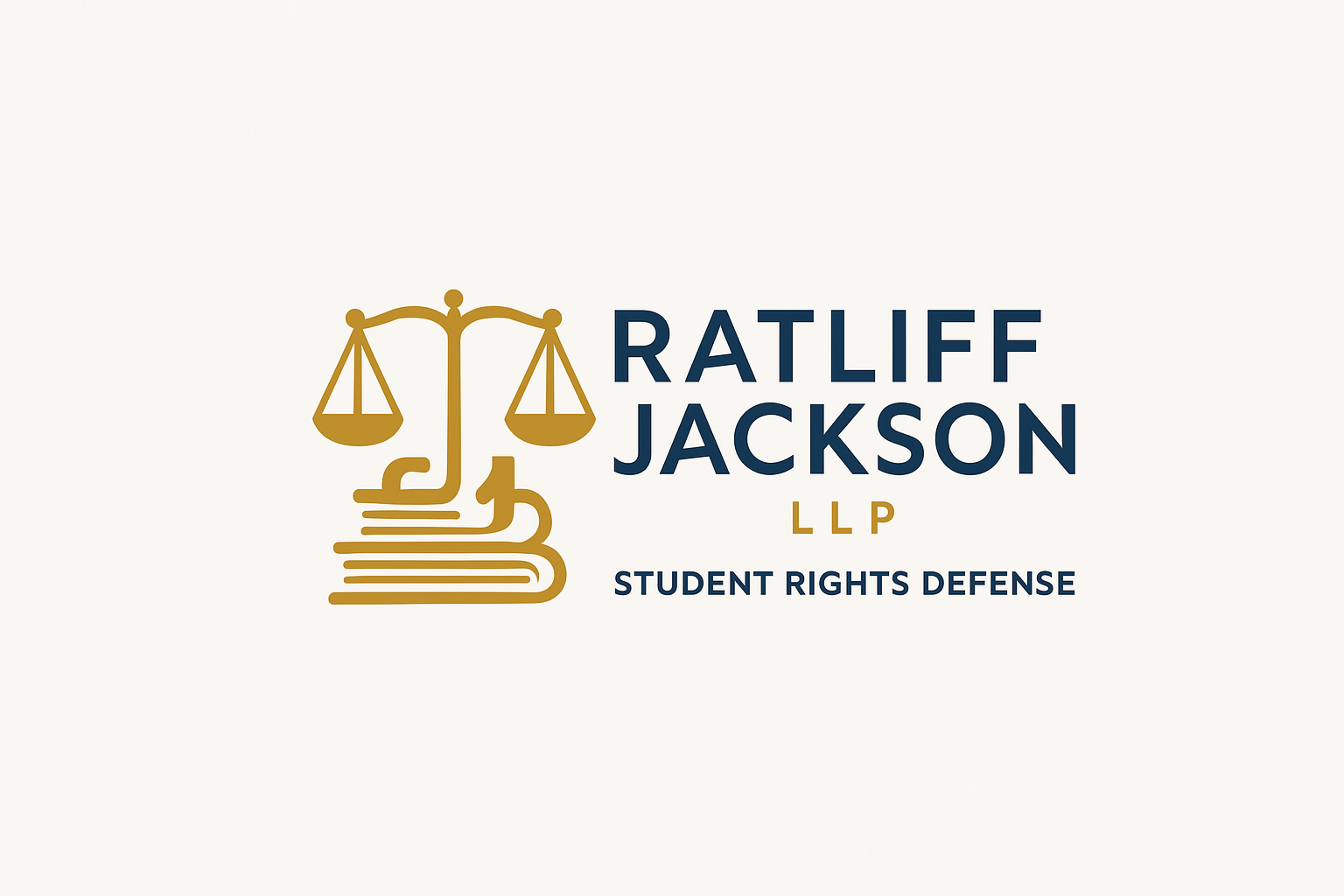The national conversation around school choice is intensifying. With over 10 states enacting or expanding voucher programs in the past year and a proposed federal tax credit plan poised to inject billions into private education, the landscape is shifting rapidly . Political momentum is strong, with support from Congress and President Trump . For private schools, this means potential access to new funding streams—but also new legal obligations. If a federal or state voucher program passes, schools must act fast to ensure compliance and readiness.
What Is a School Voucher Program?
School voucher programs are government-funded initiatives that allow parents to use public funds for private education expenses. There are several types:
Education Savings Accounts (ESAs): Public funds allocated to parents for a range of educational expenses, including tuition, tutoring, and materials.() Vouchers: State-funded stipends redeemable at private schools for tuition. Tax-Credit Scholarships: Programs where taxpayers receive credits for donations to scholarship-granting organizations, which then fund private school scholarships .
These funds typically cover tuition, fees, and educational materials but cannot be used for non-educational expenses.
Legal Compliance Landmines
Admission Policies: Schools accepting voucher funds must navigate nondiscrimination rules. While religious institutions have certain protections, they may still be required to adhere to state and federal nondiscrimination laws, potentially impacting admissions policies .
Special Education Obligations: Accepting voucher students with disabilities may subject schools to specific obligations under federal laws like the Individuals with Disabilities Education Act (IDEA). However, private schools often have more limited responsibilities, leading to potential legal complexities .
Financial Reporting and Audits: Schools receiving public funds through vouchers may be subject to financial reporting requirements and audits to ensure proper use of funds. This includes maintaining separate accounts and adhering to specific accounting standards.
Use of Funds: Voucher funds must be used strictly for eligible educational expenses. Commingling these funds with other resources can lead to compliance issues and potential clawbacks of funds.
Getting Recognized as an Eligible Provider
Registration and Certification: To accept voucher funds, schools must often register with state or federal agencies, demonstrating compliance with specific criteria. In Pennsylvania, for instance, schools must be listed on the Eligible Training Provider List (ETPL) .
Application Pitfalls and Appeals: The application process can be complex, with potential pitfalls such as incomplete documentation or failure to meet eligibility criteria. Schools denied eligibility have the right to appeal decisions, but this process can be time-consuming.
Best Practices for Onboarding Compliance: Schools should establish clear policies and procedures for managing voucher funds, train staff on compliance requirements, and regularly review practices to ensure ongoing adherence to regulations.
Why Work With Counsel Now?
Advance Review of Enrollment Agreements and Handbooks: Legal counsel can help ensure that enrollment agreements and school handbooks comply with voucher program requirements, particularly concerning admissions and nondiscrimination policies.()
Structuring Policies to Meet Voucher Program Expectations: Attorneys can assist in developing policies that align with the expectations of voucher programs, including financial management, reporting, and educational standards.
Risk Mitigation: Legal advisors can help schools identify and mitigate risks associated with accepting voucher funds, such as potential challenges related to equity, curriculum content, or compliance with federal and state laws.
Conclusion
As school voucher programs expand, private schools must proactively prepare to navigate the associated legal complexities. Our firm specializes in education law, nonprofit compliance, audits, and administrative hearings. We are currently assisting schools in positioning themselves for success in this evolving landscape. Contact us today to ensure your school is legally ready before new laws take effect.
